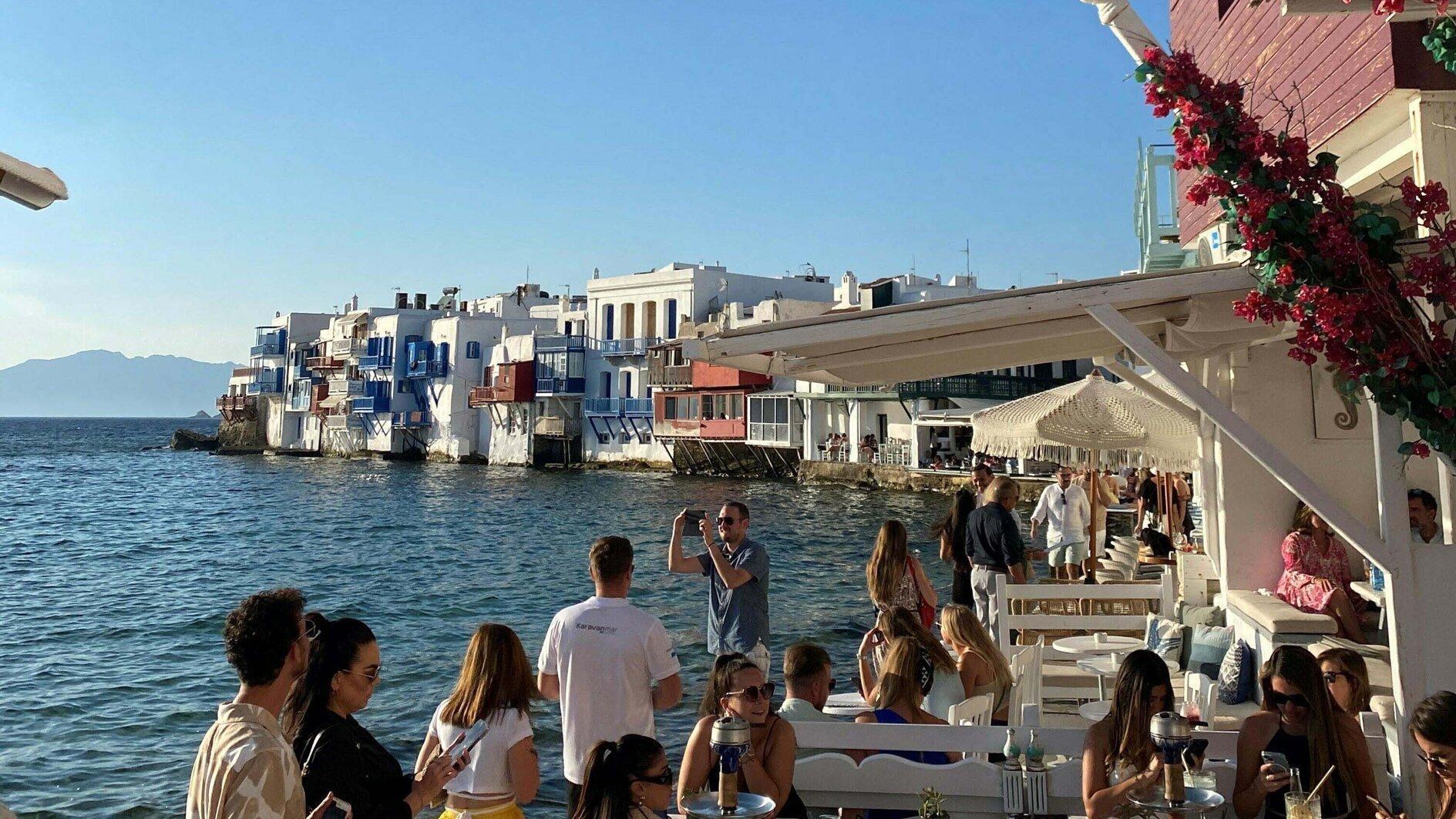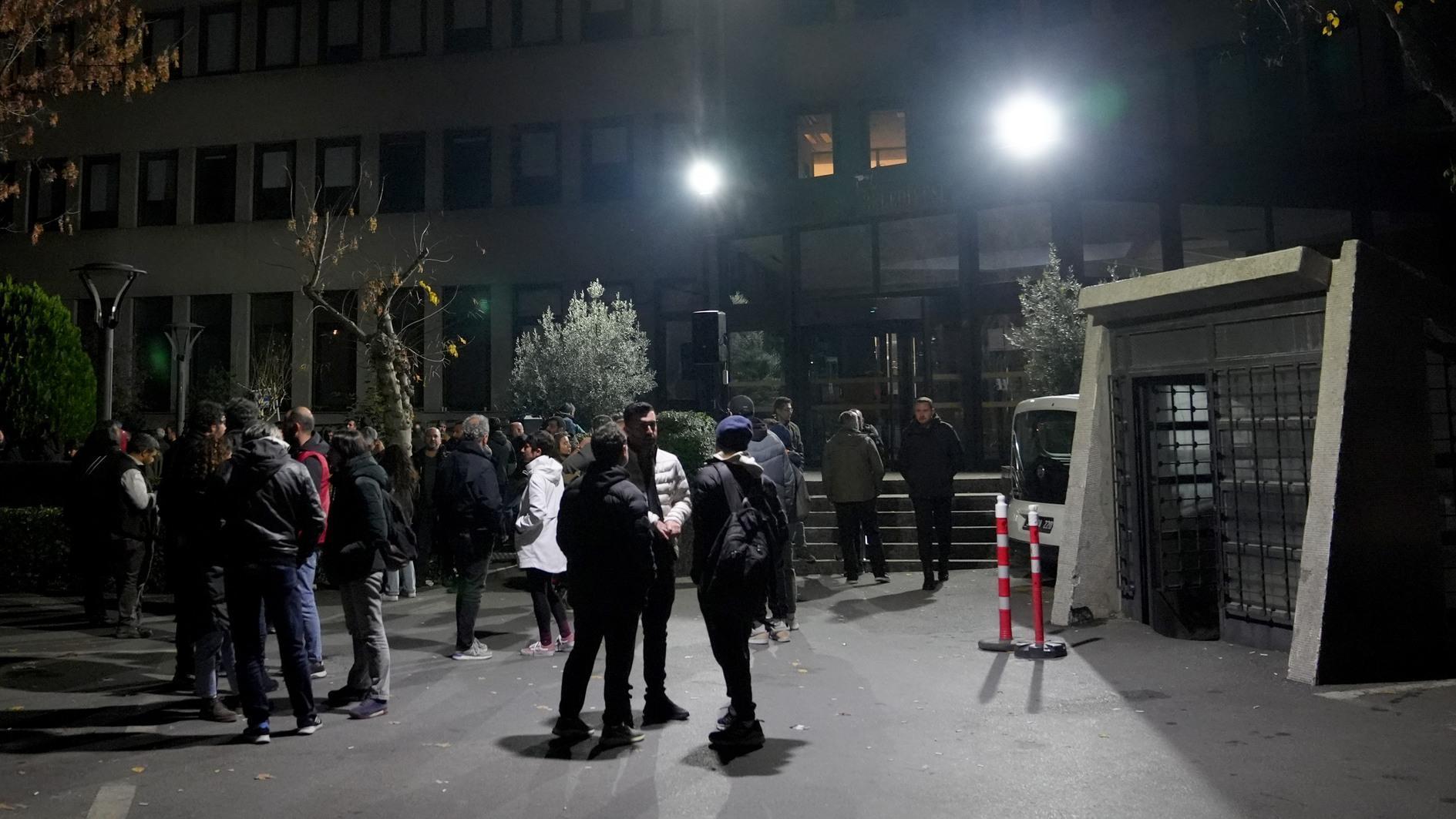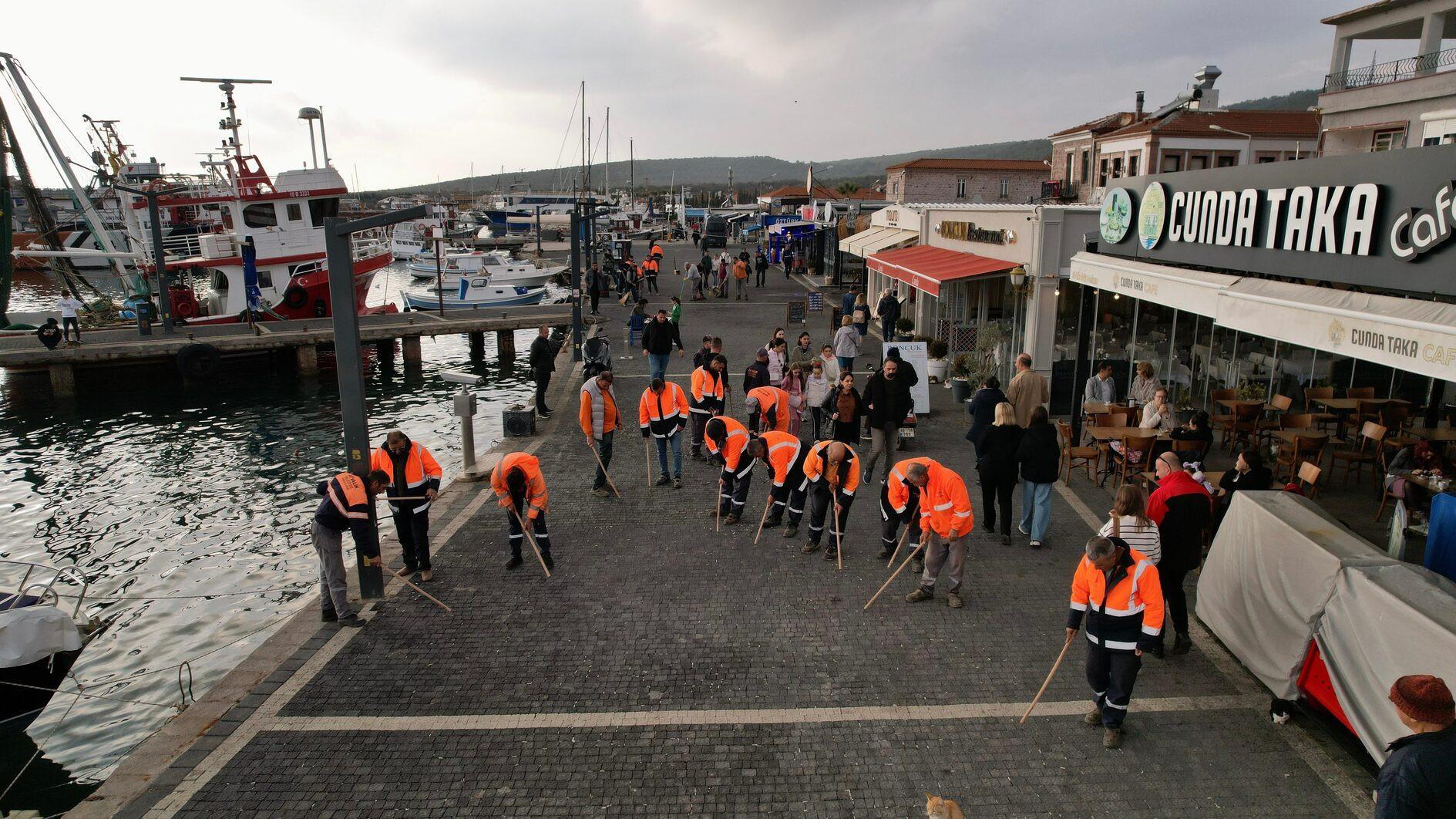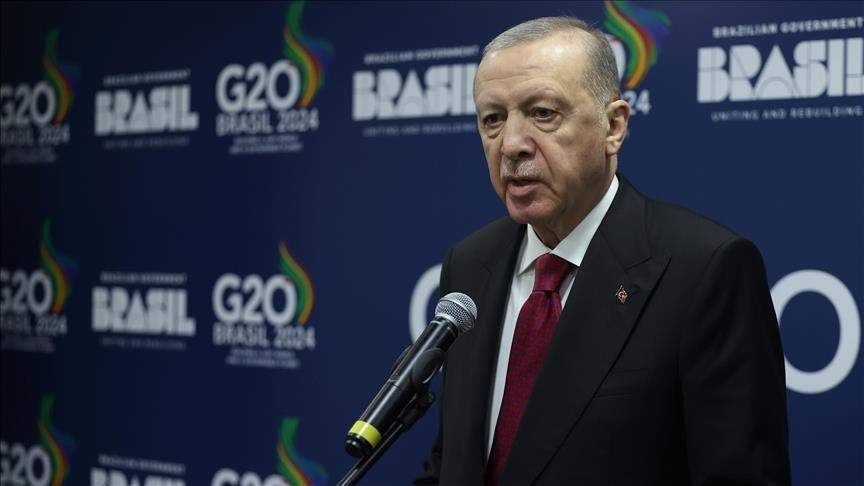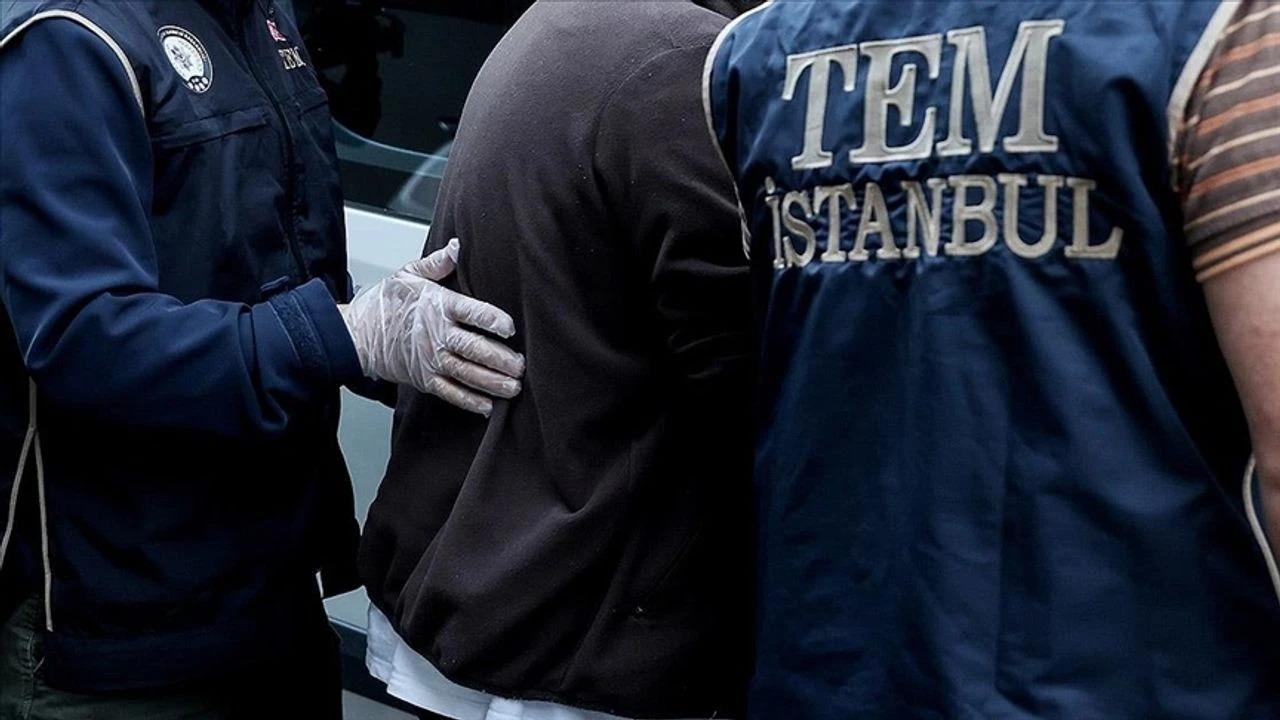A symbolic trip, pragmatic agenda
Hürriyet Daily News with wires
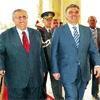
refid:11273670 ilişkili resim dosyası
President Abdullah Gül began a landmark visit to neighboring Iraq yesterday, at a time of changing relations between Turkey and northern Iraq amid calls for increased efforts to eradicate the presence of the outlawed Kurdistan Workers’ Party, or PKK."Just as we attach importance to and back Iraq’s territorial integrity, northern Iraqi officials should support us against the PKK terror in the Turkish territory," Gül was quoted as saying by Turkish television stations. His remarks came in response to questions posed by journalists accompanying him on the flight to Baghdad. "This terror should come to a halt. Everyone should make their own calculation and take a step accordingly," Gül added. "We see the Kurds in the north as relatives and brothers, but the camps of the terrorist organization are in the north [too]." The Turkish president emphasized that Iraqi Kurds clearly understood what winning or losing his country’s support would mean and that it was the PKK terror that upsets ties with Ankara.
"We are ready for a strategic cooperation with Turkey," his counterpart, Iraqi President Jalal Talabani, was quoted as saying. Gül, who was greeted at Baghdad International Airport by Iraqi Foreign Minister Hoshyar Zebari and other officials, became the first Turkish head of state to visit Iraq in 33 years. The last Turkish president to do so was Fahri Korutürk in April 1976. Gül received a warm welcome upon arrival in Baghdad and was given red-carpet treatment by Talabani. The two presidents held bilateral talks, but their joint press conference had not yet started when the Hürriyet Daily News & Economic Review went to press yesterday. Gül did say that Turkey and Iraq have agreed on the transfer of energy sources via Turkish territory.
The Turkish president was scheduled to visit Iraq earlier but had to postpone the trip due to an ear problem. For security reasons, the timing of Gül’s departure from Ankara yesterday was written incorrectly on an official agenda showing the president’s plans to attend various events.
Shortly before his arrival in Iraq, a bomb exploded on the western outskirts of Baghdad, killing at least five and wounding a dozen others.
The PKK, considered a terrorist group by Turkey and much of the international community, including the EU and the United States, remains the biggest obstacle to closer ties between the two neighboring countries. Turkey is pressing Iraq and the semi-autonomous Kurdish administration in the north of the country to keep the PKK from launching cross-border attacks on Turkish territory from their bases in Iraq. "I expect important results from this visit," Gül was quoted as saying on the plane. He was also scheduled to meet with Iraqi Prime Minister Nouri al-Maliki.
While in Istanbul last week to attend the 5th World Water Forum, Talabani suggested that a general amnesty for members of the PKK could be a way to end the violence caused by the terror organization, adding that the PKK is expected to heed a forthcoming appeal to law down its arms. Turkish Prime Minister Recep Tayyip Erdoğan welcomed the Iraqi president’s goodwill and said Turkey would look positively on efforts to find a solution to the terror problem.
Kurdish groups based in Turkey, Iran, Iraq, Syria and Europe are expected to call on the PKK to disarm during a conference to be held in late April or May in the northern Iraq city of Arbil. In remarks made last week, Talabani said the conference would aim to end the armed struggle. The pro-Kurdish Democratic Society Party, or DTP, will be invited to participate.
Boosting ties
Turkey stepped up its cross-border operations into Iraq in 2008, accusing its neighbor of failing to stop PKK members from using bases in the region, which hindered Ankara’s desire for closer ties and economic cooperation with Baghdad.
However, the two countries have more recently pledged to work together to build security and economic ties. Hopes of better cooperation improved after Iraq, Turkey and the United States agreed in November to form a joint committee to work on the problem.
Last July, Erdoğan visited Baghdad for talks with Maliki about greater cooperation over trade, energy and water, and agreed to set up a council to foster better relations. During his December visit to Ankara, Maliki promised that there would be increased Iraqi government cooperation against the PKK.


